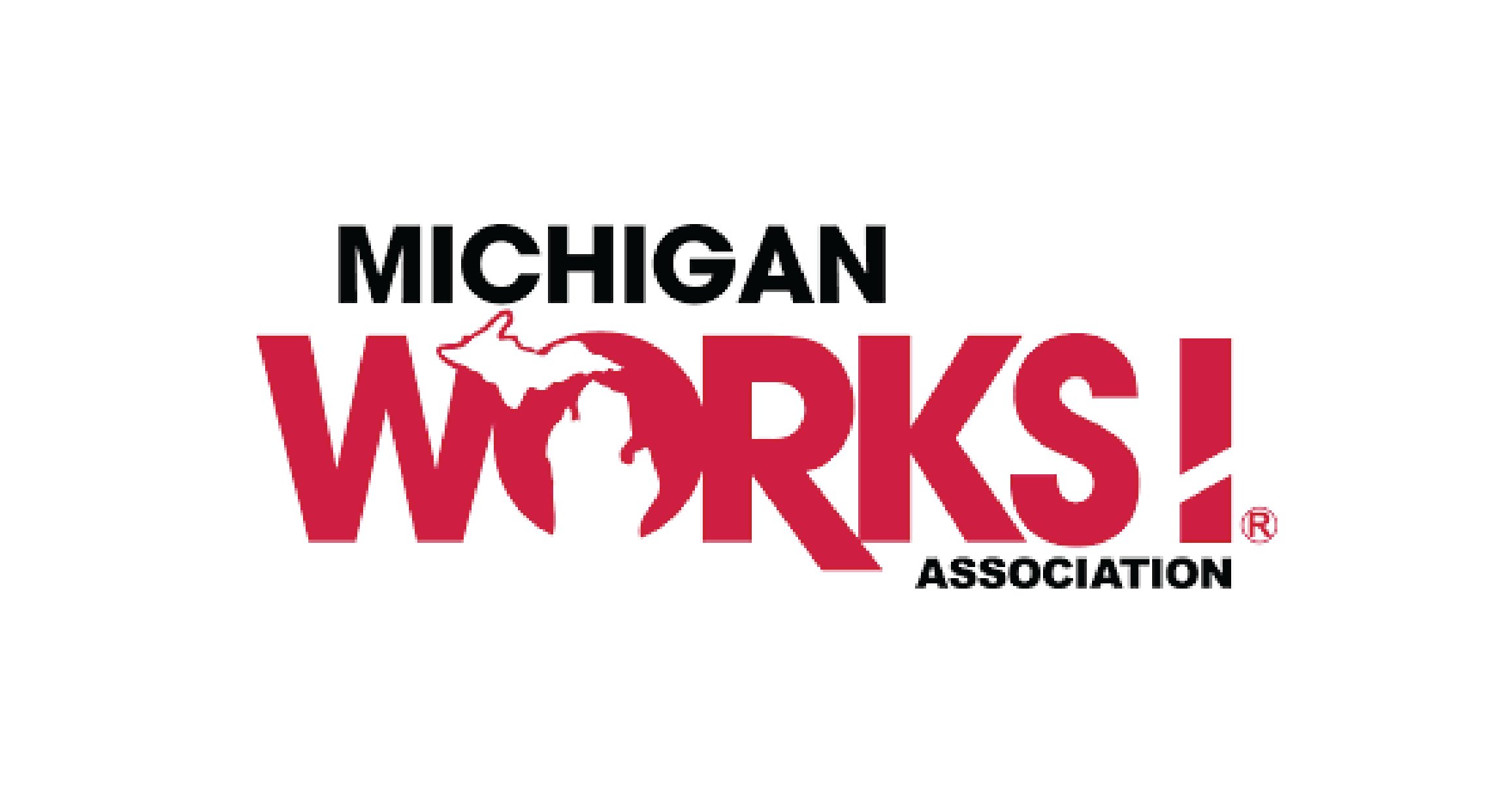 Jeffrey Mosher catches up again with Luann Dunsford, Chief Executive Officer, Michigan Works! Association, Lansing, MI, to discuss several points including some upcoming National Webinars.
Jeffrey Mosher catches up again with Luann Dunsford, Chief Executive Officer, Michigan Works! Association, Lansing, MI, to discuss several points including some upcoming National Webinars.
Hear LuAnn and Jeffrey's full discussion below!
How will the workforce look different in a post-COVID economy?
· I don’t think we know yet, but it is trending toward looking like a situation where there will be a big need for reskilling, retraining and upskilling of workers.
· There will be many workers who don’t have a job to go back to because the economic impact of this crisis is causing so many employers to go out of business.
· This dynamic creates a situation in which people from many different sectors of the economy will be looking for new career paths.
· Prior to the COVID crisis developing and refreshing skills of American workers was already a priority for business and public policy leaders.
· It has now become that much bigger of a priority.
How is the Michigan Works! system uniquely qualified to assist job seekers and employers post-COVID?
· Michigan Works! has a lot of experience that is applicable to the current situation from the Great Recession.
· Michigan Works! was integrally involved in the No Worker Left Behind program during the Great Recession.
· No Worker Left Behind introduced the concept of longer-term training, industry clusters and career pathways.
· That concept has continued to live on through the Michigan Works! demand-driven approach.
· Through the demand-driven approach, Michigan Works! partners with local employers, educators, economic developers and community organizations to identify workforce needs and skills gaps in order to create a qualified workforce that addresses each region’s current future talent needs, while, at the same time, fueling the state’s economic future.
· No Worker Left Behind’s primary focus was on the attainment of certificates and degrees of value in the labor market leading to a job in high-demand occupations, emerging industries, and entrepreneurial endeavors.
· Under NWLB, Michigan Works! was able to help participants identify high-demand occupations in their region.
· This is still a central focus for Michigan Works! and will continue to be.
· As the economy recovers, Michigan Works! stands ready to connect job seekers with employers to fill their talent needs.
· The lessons learned through NWLB have set Michigan Works! up very well to be the go-to source for workforce development needs during our recovery from this crisis.
What do you think will be the most important thing to focus on with regard to job seekers and employers post-COVID?
· Beyond rethinking skillsets, one of the most important things we need to be focused on post-COVID is education and skills.
· A shortage of post-secondary education and credentialing among working-age adults contributes to the difficulty employers across the state are facing in hiring a skilled labor force.
· At the same time, high-demand jobs remain out of reach for the working poor who lack education and training.
· The lack of basic education and employability skills limits ability to find gainful employment and to navigate the healthcare, education, and social welfare systems.
· For workers, a high school diploma is no longer sufficient to gain access to a job that provides a living wage.
· In 2017, only 45 percent of Michigan workers had a postsecondary certificate or degree.
· Prior to the COVID crisis, it was predicted that 545,000 professional trade jobs will be created through 2026 with career opportunities in growing industries like information technology, healthcare, manufacturing, construction and automotive.
· Prior to the COVID crisis, the U.S. labor market was in the best shape in nearly 50 years.
· Millions of people have filed for initial unemployment benefits since mid-March, as businesses closed to minimize the spread of the virus.
· The economy is not expected to bounce back quickly, so it is unknown what to expect as we recover.
· That being said, you can count on the fact that job seekers will need education and training and Michigan Works! is here to assist you.
What is the Michigan Works! Association doing to prepare for a post-COVID economy?
· One of the primary services the Michigan Works! Association provides its members is training on a variety of topics.
· We decided to use this opportunity to develop a webinar series that has appeal not just in Michigan, but also across the nation.
· The “Power of Three” webinar series is a joint effort between the Michigan Works! Association, the California Workforce Association and the New York Association of Training and Employment Professionals.
· The first in the three-webinar series, which took place on June 8th, focused on what to expect in the next 90 days and what you should do to prepare.
· The discussion focused on putting together a national strategy for workforce development professionals on reopening job centers, caring for the mental health of workforce staff, and virtual tools to help get workforce boards back online.
· The second webinar will take place on July 30 and will focus on maximizing business engagement to support re-employment.
· Attendees will learn:
o How to utilize labor market information and workforce intelligence to understand the impact of COVID on hiring and employment.
o Current strategy/tools the workforce system uses to support employers and adapting to respond to COVID.
o Developing new relationships to expand business supports.
o Peer-to-peer sharing with Local Boards from across the country.
Who can attend these webinars and how do our listeners learn more about them?
· These webinars are open to anyone who is interested in this topic.
· You can learn more about this webinar by visiting the Michigan Works! website at Michiganworks.org/training.














